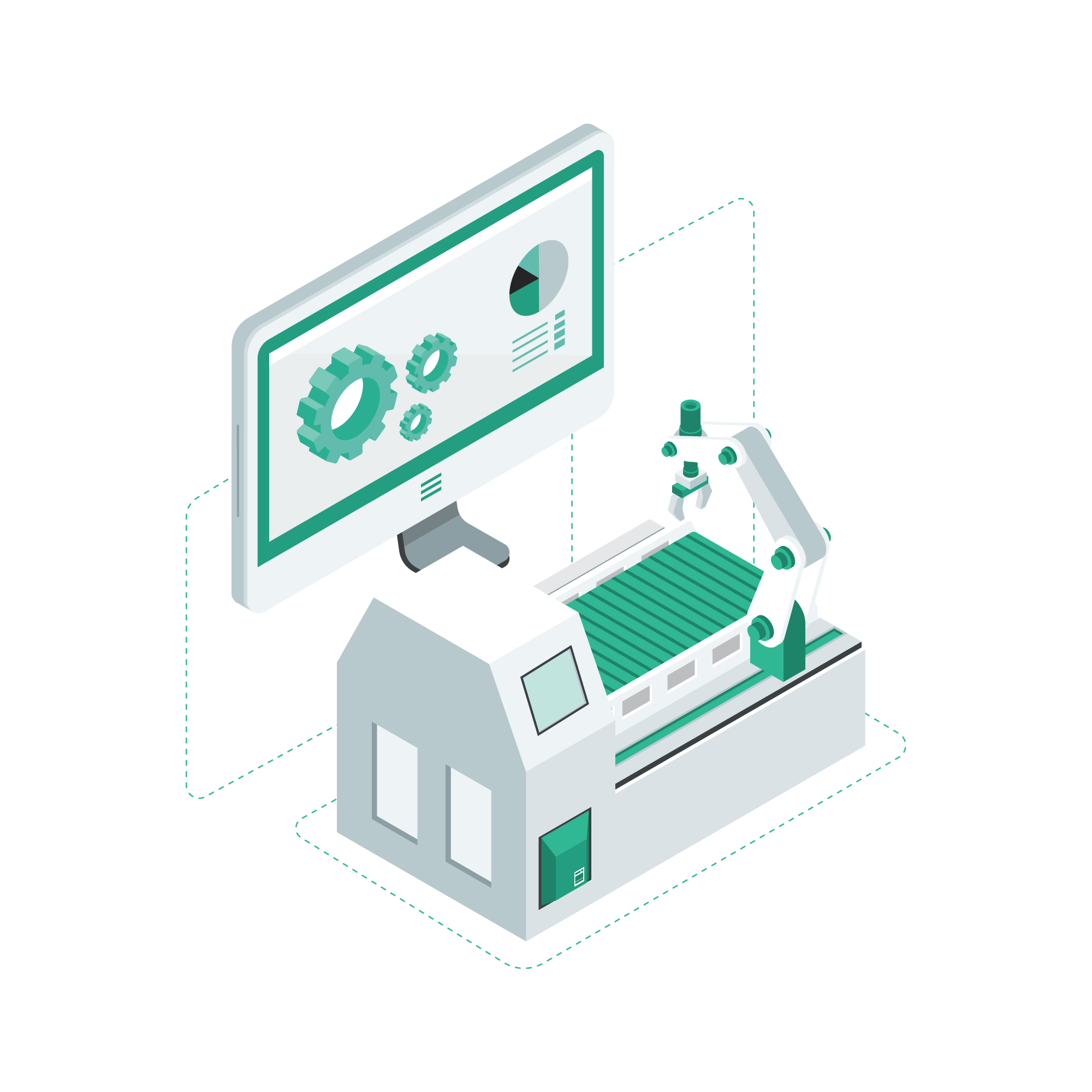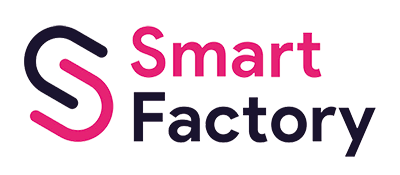The value of harnessing digital data has proven beneficial for the manufacturing industry by reducing production times, efficient use of resources, and informed decision making. Manufacturing companies are increasingly recognising the importance of leveraging real-time insight for improving the effectiveness of their production assets. While digital data may be obtained from different sources, it remains a challenge to bridge the gap between data sources and synthetise the information to inform production managers.
Smartfactory is a leading developer of software solutions for manufacturing data visualisation such as CNC machining. These machines are an integral part of manufacturing processes and make use of valuable NC-file data, which contains the geometry-based machining instructions of each item produced. Hawo and Technology Twente, companies manufacturing their products through CNC machines, face the challenge of obtaining detailed view on cost-per-article information, which involve machining time per article.
The ML2NC will explore and implement digital approaches, such as machine learning, to identify and update machining times based on NC file data, thereby contributing to improve production efficiency and time accuracy. The project will follow a structured approach to define the data extraction process, identify valuable data sets and assess the role of machine learning for this process. Developing and implementing such tools will enable Smartfactory, Hawo and Technology Twente to gain valuable production benefits. The gained insights to accurately determine machining times for each item will lead to more accurate cost estimations, support production planning, and inform the projects partner’s decision making. The integration of advanced data integration techniques, including machine learning, will also position these companies at the forefront of manufacturing innovation, driving long-term competitive advantage and operational excellence.









